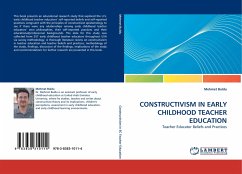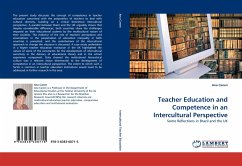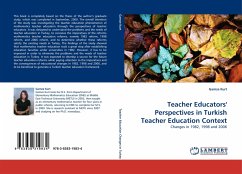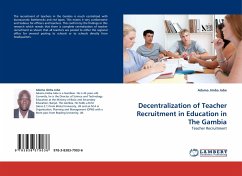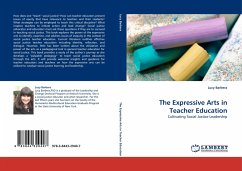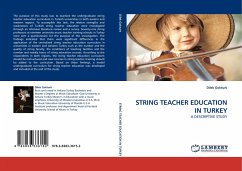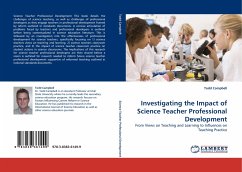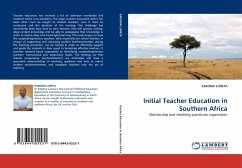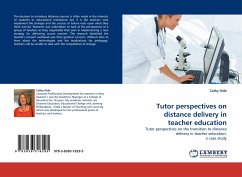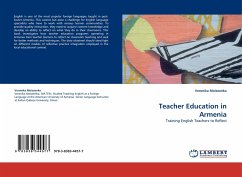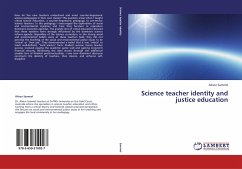
Science teacher identity and justice education
Versandkostenfrei!
Versandfertig in 6-10 Tagen
52,99 €
inkl. MwSt.

PAYBACK Punkte
26 °P sammeln!
How do five new teachers understand and enact counter-hegemonic science pedagogies in their own classes? This question arose when I taught critical science education, a counter-hegemonic pedagogy, to pre-service science teachers. In this pedagogy I encouraged the exploration of social and environmental injustices and how they function to reproduce dominant economic agendas. The analytic lens of critical education showed that these teachers were strongly influenced by the dominant science reform agenda. Regardless of the science curriculum, or the strong social and environmental beliefs some of...
How do five new teachers understand and enact counter-hegemonic science pedagogies in their own classes? This question arose when I taught critical science education, a counter-hegemonic pedagogy, to pre-service science teachers. In this pedagogy I encouraged the exploration of social and environmental injustices and how they function to reproduce dominant economic agendas. The analytic lens of critical education showed that these teachers were strongly influenced by the dominant science reform agenda. Regardless of the science curriculum, or the strong social and environmental beliefs some of these teachers held, they did not perceive the teaching of the social and environmental justice issues to be critical or their job. They demonstrated a belief that it was critical to teach well-defined, hard science facts. Student success, hence teacher success, involved playing the academic game well and gaining long-term financial security. Re/viewing the data stories through the additional analytic lens of feminist poststructuralism, I saw how dominant discourse constructs the identity of teachers, their desires, and enforces self-discipline.



